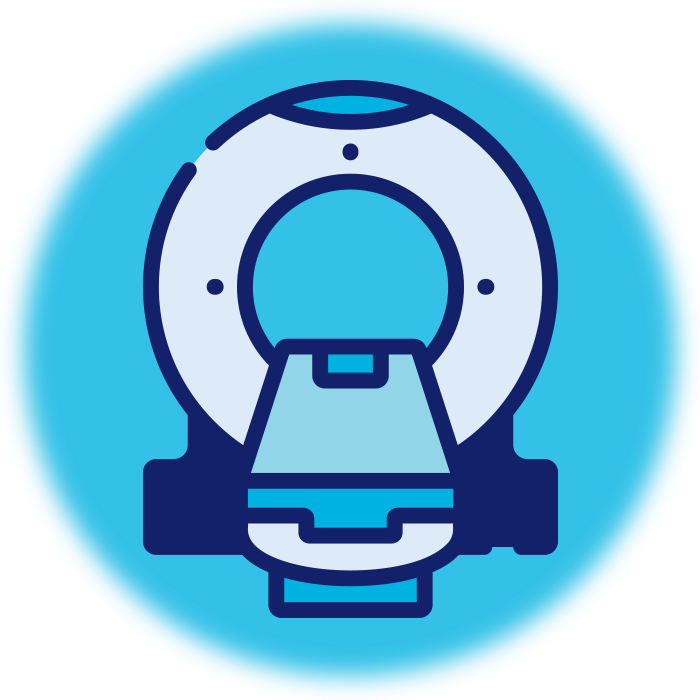Those between 50 and 80 years of age.
Those who currently smoke or have quit in the last 15 years.
Those who smoked for 20 "pack years."
Multiply the number of packs per day by the number of years smoked to determine the “pack year.” For example, 2 packs a day x 10 years = 20 pack years and high risk. 1 pack a day for 20 years = 20 pack years and high risk.
Are you eligible for a free lung screening?
Click here to apply
FLHC welcomes radiology partners. If you are a radiology provider and want to be a part of our mission to increase lung screening in Florida, contact us today. If you are in the pharmaceutical, MedTech, or other related enterprise, contact us. We welcome your participation.
How to Make an Appointment
If You Are High Risk
You are eligible for lung screening if you meet the criteria above for a high-risk determination. Schedule your screening today.
* You must have a referral from your primary care physician for the exam.
* If you do not have a referral, contact us. We can help you.
If You Are Not High Risk
If you are not considered high risk according to the criteria listed above, but you still have concerns—perhaps about family or genetic history—you can still schedule a lung disease screening with FLHC.
* You will need a physician’s referral.
* If you do not have a referral, contact us. We can help you.

⁵https://www.cancer.org/cancer/lung-cancer/detection-diagnosis-staging/detection.html
Where to Go
It’s important to go to a facility that has experience with Low-Dose CT Screening (LDCT). FLHC-affiliated centers can best assist you in the proper diagnosis and, if needed, follow-up.
Click a location on the following map for details.
More on FLHC's Approach to Screening
We’re creating a screening program of the highest-possible quality for all Floridians. That’s our commitment.

Low-dose CT screening is one of the most accurate diagnostic tools for finding lung cancer at an early stage, when it is most treatable. CT scans of the lung are able to detect small abnormalities in the lungs that could be the beginning stages of lung cancer. These indicators are often not visible on a routine chest X-ray.
Since a CT lung screening offers the best opportunity for successful treatment of lung cancer before symptoms are noticed, more physicians are opting for lung cancer screening based on risk factors (like smoking and family history), rather than symptoms.
For Help on Quitting Smoking
Smoking is not always the cause of lung disease. However, you can reduce your risk by not smoking and by not breathing in second-hand smoke.
The American Cancer Society has a wealth of resources that can help, or you can call 1-800-QUIT-NOW, a quit-line that provides confidential, free coaching from highly-qualified experts using evidence-based methodologies.